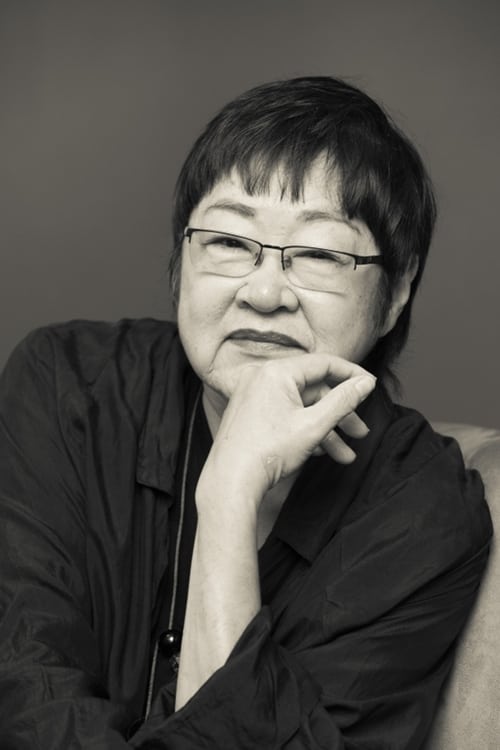
Tizuka Yamasaki
Birth : 1949-05-12, Porto Alegre, Rio Grande do Sul, Brazil
History
Tizuka Yamasaki (born May 12, 1949) is a Brazilian film director. Daughter of Japanese immigrants, Yamasaki was one of the first women filmmakers in Brazil to achieve a successful and longstanding career. She and her peers learned filmmaking by working on the sets of well-established Cinema Novo directors such as Glauber Rocha and Nelson Pereira dos Santos.
Yamasaki challenged the norms of Cinema Novo by increasing both the representation of women and the awareness of issues affecting women in Brazilian society. Her film style focuses on historical subjects and she uses the genre of melodrama to reconstruct Brazilian politics, history and culture.
She established herself as one of the most important film directors of the 1980s. Her films discussed sexuality and traditional gender roles more openly within Brazilian cultural identity. Yamasaki initiated a “cinema of emotion” to comment on Brazil’s past and rework female figures’ experiences in Brazil’s history.
During her career, especially during the final years of the Brazilian military dictatorship, Yamasaki has suffered censorship and funding issues with her films. In response to these challenges, she established her own production company in 1976, Centro de Produção e Comunicação (Production and Communication Center).
Tizuka gained some critical acclaim with her 1980 film "Gaijin, Os Caminhos da Liberdade" (aka "Gaijin, a Brazilian Odyssey"), a story about Japanese immigration to Brazil. She has also achieved the audience's praise by directing movies starring children TV show hostess Xuxa, which have become extremely popular and a cornerstone in Brazilian pop culture. In 2003, she completed Gaijin 2 as a sequel to her debut film.

In 1965, a year after the military coup in Brazil, an oasis of freedom opened in the country's capital. The Brasília Film Festival: a landmark of cultural and political resistance. Its story is that of Brazilian cinema itself.

Director
The real-life story of Zeneida, a girl who moves to a farm with her mother and finds herself having an unusual connection with a forest spirit.

Director
Set in colonial Brazil, the love story between a Brazilian man and a Portuguese-born dame sets fire to a political movement which brought freedom and democracy in Brazil for the very first time.

Director

Director
Marcos Resende is a cold and crisis man command MetalNobre company. Mark lost his faith in God when her father, Antonio, died in the construction of the Basilica of Our Lady of Aparecida. He had asked the day before to Our Lady Aparecida cleats for him to play in a team and his father would buy them. Mark is separated from wife and Sonia have feuds with son Lucas, in addition to keeping a bad emotional relationship with Beatriz, an official of the company and his mother, Julia. After a misunderstanding, Lucas suffers a serious motorcycle accident. Then Mark revive its history and living with his father. And when he turns to Julia, she reveals the mysterious grace of his family.
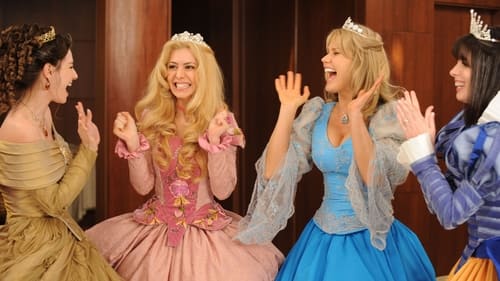
Director
Based on the book O Fantástico Mistério de Feiurinha, the story combines real world and fantasy, dream and determination, with a surprising end, even for a fairy tale. The movie shows the fight of the fairy tale characters, now adults, who come together to recover the fable of the Little Ugly Princess, a beautiful Princess with a strange name, which only makes sense for those who know her story. The problem is that children and adults have forgotten the story of the Little Ugly Princess, which is as wonderful as other major fables for children. Cinderella brings together other fairy tale characters to meet the writer who keeps, lost in a small notebook, the Little Ugly Princess story.
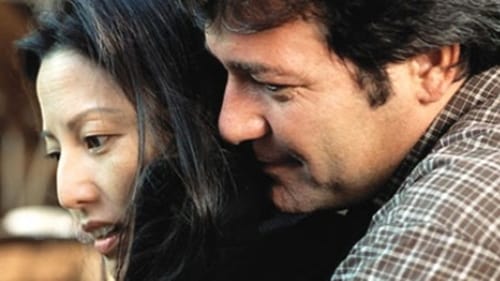
Producer
In 1908, Titoe leaves her country, Japan, to try her luck in Brazil. Her intention is just to get rich and return in five years. But life has other plans for her.

Screenplay
In 1908, Titoe leaves her country, Japan, to try her luck in Brazil. Her intention is just to get rich and return in five years. But life has other plans for her.

Director
In 1908, Titoe leaves her country, Japan, to try her luck in Brazil. Her intention is just to get rich and return in five years. But life has other plans for her.

Director
Nick, a famous fashion model, decides to retire and goes back to her home country Brazil, after a briliant international career. She becomes the head executive of Popstar, the modeling agency where she started her career, and has to deal with intrigues, fashion faux pas and a budding online romance with Sunshine, a mysterious online friend.
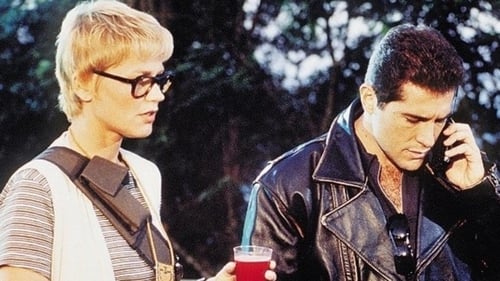
Director
Nena, a journalist and former student of the Two Hearts dance academy, tries to stop the school from being sold to a group of drug dealers. She trains a group to win the Requebra dance contest that would give them the necessary money to carry their plans.
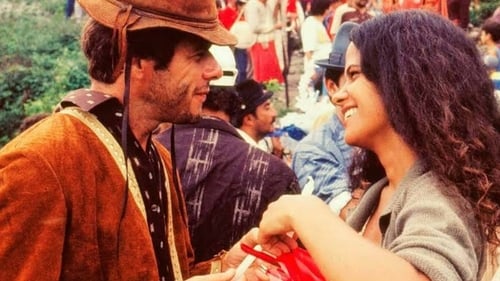
Director
Adaptation of the series shown in 1988. The humble farmer Zé do Burro makes a promise to Santa Bárbara to save his donkey Nicolau from death. The payment is to carry a heavy cross from the interior of Bahia to a church in Salvador. When you reach the steps of the church, with injured shoulders, you have to deal with the incomprehension of a conservative priest. Author: Dias Gomes.

Director

Director
The troubled adventures of a country novice who goes to the big city to work as a nanny, taking care of the young and rebel sons of a widow businessman.
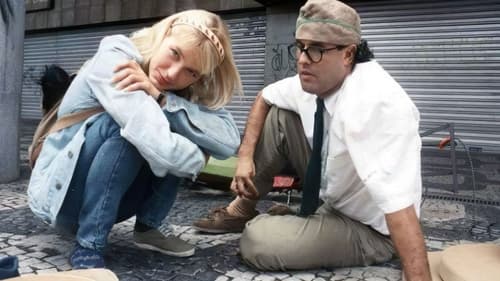
Director
The fairy tale story of Maria da Graça, a small town girl with big time dreams of becoming a singer, who moves to Rio de Janeiro to pursue her ambitions.
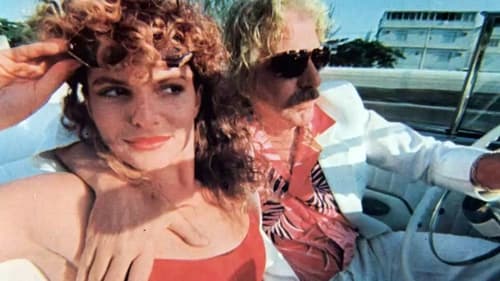
Executive Producer
A small town girl, who's an aspiring singer, tries to make a living out of music in the big city of Rio de Janeiro.

Director

Director
Account an important part of the history of Brazil, through its main character, Anayde Beiriz a poet, journalist and revolutionary and libertarian teacher of the early twentieth century, known for its sexual liberalism, which shocked the pre-Revolution in the state of Paraíba during 1930. His love for João Dantas eventually forge João Pessoa's death, at that time, governor of of Paraíba. These events served as a trigger for the a revolution.

Director

Production Director
Four Third-World Christs try to stop the American industrialist John Brahms in Glauber Rocha's experimental film inspired by Pier Paolo Pasolini's murder.
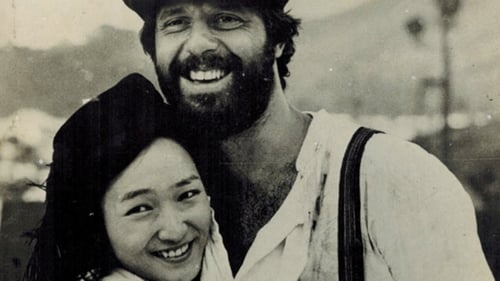
Writer
Based on fact, this is the story of the struggles of Japanese immigrants who traveled to and settled in Brazil looking for a better life.

Director
Based on fact, this is the story of the struggles of Japanese immigrants who traveled to and settled in Brazil looking for a better life.

Settings
When a prominent U.S. Nobel Laureate arrives in Salvador, Bahia, the city with the largest black population in Brazil, he stirs emotions by championing a long-forgotten local writer named Pedro Archanjo, who believed that humanity would be improved only through miscegenation.












